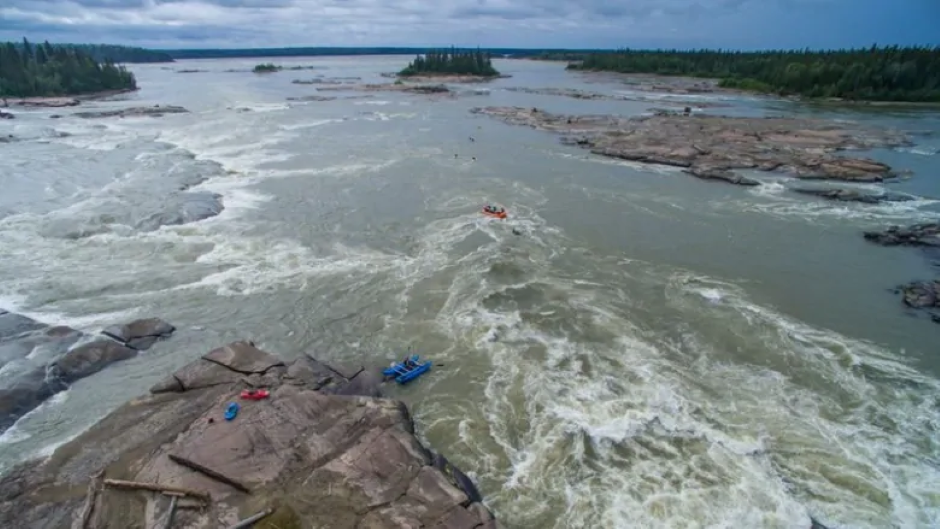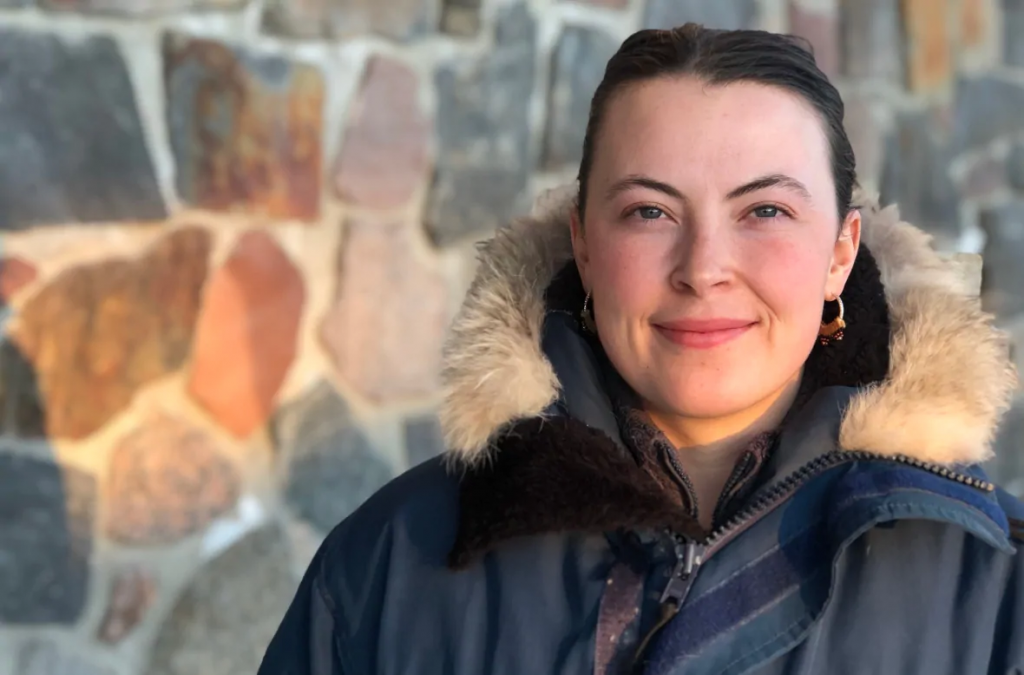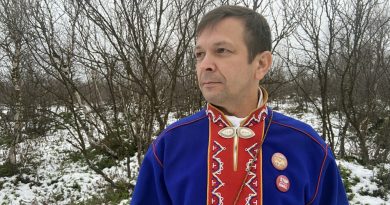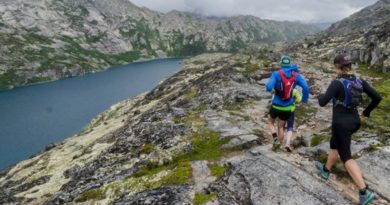Canadian Indigenous leaders ‘losing faith’ in environmental protection amid budget cuts

Indigenous leaders in the Northest Territories and northern Alberta are “angry” about a joint decision by the federal government and Alberta to slash the budget for environmental monitoring in the oilsands.
The comments come after the Canadian Press reported that Alberta and the federal government signed a deal to reduce the budget for fieldwork on the main branch of the Athabasca River by roughly 25 per cent to $44 million in 2020, down from $58 million in 2019.
Gerry Cheezie, the chief of Smith’s Landing First Nation on the N.W.T.-Alberta border, said he is “dismayed” with how various levels of government are not protecting the environment from the oilsands.
The Slave River runs downstream from oilsands projects in Fort McMurray, Alta., through Smith’s Landing traditional territory in northern Alberta, all the way to Great Slave Lake in the Northwest Territories.
The deal cancels field studies on wetlands, fish, insects and a pilot project to gauge the risks of tailings ponds into nearby water systems.
Water quality assessment for Wood Buffalo National Park is also ending, according to the Canadian Press report.
In June, the Alberta government received backlash after its provincial regulator postponed hundreds of environmental regulations. The regulator called it “temporary relief” for the province’s industry members that were not able to comply with the public health order during the COVID-19 pandemic.
The Alberta Energy Regulator put back in place all environmental monitoring standards on July 15.
The federal government also suspended the Oil Sands Monitoring Program and other monitoring programs at the beginning of the pandemic.
‘Oilsands pollution is killing our people’
The traditional territory of Smith’s Landing First Nation is full of wetlands that used to teem with fish, frogs and other types of wildlife that members relied on.
Now, Cheezie said his members find deformed fish with soft, oily skin in their waters — a direct result of oilsands pollution.
Zoe Guile, conservation co-ordinator with Canadian Parks and Wilderness Society Northwest Territories Chapter, said the cuts to studies into the health of fish and other aquatic life could have serious impacts for people like Cheezie and his members that rely on those waters.

“If these insects and animals living in this water are … experiencing health issues, then that’s just a really big red flag that that water isn’t safe for people anymore,” she said.
Environmental monitoring identifies crises in the early stages, making it easier for scientists to mitigate any damages that might happen, she said. Consistent data collection also helps researchers figure out when certain environmental changes started to happen.
Minister denies agreement with Alberta
Jonathan Wilkinson, Canada’s environment and climate change minister, took to Twitter to “fact check” reports of a Canada-Alberta deal to reduce oilsands monitoring.
Fact check⏰: There is no Canada-Alberta Agreement to reduce oil sands monitoring. Decrease in this year’s spending reflects loss of the spring/summer field season due to COVID-19. This was decided upon by consensus of a 12 person body, including 6 Indigenous and 1 federal rep. https://t.co/9nUkipg7CF
— Jonathan Wilkinson (@JonathanWNV) August 4, 2020
“There is no Canada-Alberta agreement,” Wilkinson wrote. “Decrease in this year’s spending reflects loss of the spring/summer field season due to COVID-19.”
Wilkinson said an oilsands oversight committee of 12 people approved the decision to cut back spending this year. The committee included six Indigenous representatives and one federal government voice, he continued.

Cheezie said this explanation from Minister Wilkinson is “pretty weak.”
Cameron MacDonald, president of the Fort Chipewyan Métis, told CBC it could be a good idea to host a meeting with Indigenous groups in northern Alberta and N.W.T. to figure out how to best lobby the government as a collective voice.
Both the N.W.T. and Alberta governments did not immediately respond for a request for comment.
The N.W.T.’s Department of Environment told CBC for a previous story that they’ve been doing advocacy work with the federal government to reinstate oilsands monitoring as soon as possible.
The N.W.T. has also asked for a spot on the committee that oversees the Oil Sands Monitoring Program, jointly managed by Alberta and the federal government.
Related stories from around the North:
Canada: COVID-19 delays delivery of apology to Inuit residential school survivors in Atlantic Canada, Eye on the Arctic
Greenland/Denmark: Greenland and Denmark finalize cooperation agreement on marine pollution response, Eye on the Arctic
Finland: Miners hunting for metals to battery cars threaten Finland’s Sámi reindeer herders’ homeland, Yle News
Iceland: Arctic Science Ministerial postponed to 2021 due to COVID-19, Eye on the Arctic
Norway: Climate change hits back at Svalbard, coal mine flooded by melting glacier in Norway, The Independent Barents Observer
Russia: Russia to remove dangerous nuclear objects dumped on its Arctic sea floor, The Independent Barents Observer
Sweden: Extra billions to SAS – but with stricter climate requirements, Radio Sweden



